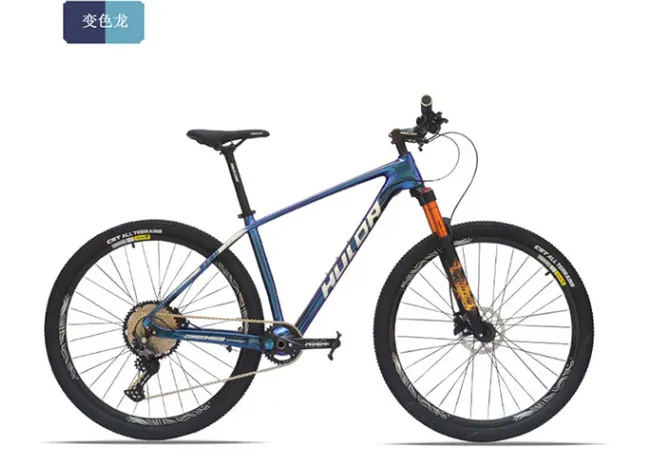
- Afrikaans
- Albanian
- Amharic
- Arabic
- Armenian
- Azerbaijani
- Basque
- Belarusian
- Bengali
- Bosnian
- Bulgarian
- Catalan
- Cebuano
- Corsican
- Croatian
- Czech
- Danish
- Dutch
- English
- Esperanto
- Estonian
- Finnish
- French
- Frisian
- Galician
- Georgian
- German
- Greek
- Gujarati
- Haitian Creole
- hausa
- hawaiian
- Hebrew
- Hindi
- Miao
- Hungarian
- Icelandic
- igbo
- Indonesian
- irish
- Italian
- Japanese
- Javanese
- Kannada
- kazakh
- Khmer
- Rwandese
- Korean
- Kurdish
- Kyrgyz
- Lao
- Latin
- Latvian
- Lithuanian
- Luxembourgish
- Macedonian
- Malgashi
- Malay
- Malayalam
- Maltese
- Maori
- Marathi
- Mongolian
- Myanmar
- Nepali
- Norwegian
- Norwegian
- Occitan
- Pashto
- Persian
- Polish
- Portuguese
- Punjabi
- Romanian
- Russian
- Samoan
- Scottish Gaelic
- Serbian
- Sesotho
- Shona
- Sindhi
- Sinhala
- Slovak
- Slovenian
- Somali
- Spanish
- Sundanese
- Swahili
- Swedish
- Tagalog
- Tajik
- Tamil
- Tatar
- Telugu
- Thai
- Turkish
- Turkmen
- Ukrainian
- Urdu
- Uighur
- Uzbek
- Vietnamese
- Welsh
- Bantu
- Yiddish
- Yoruba
- Zulu
Dec . 20, 2024 22:26 Back to list
how to adjust shifters on mountain bike
How to Adjust Shifters on a Mountain Bike
Mountain biking is a thrilling outdoor adventure that requires not just physical stamina but also a well-maintained bike. One crucial aspect of bike maintenance is ensuring that your shifters are properly adjusted. Smooth gear transitions improve performance and enhance the overall riding experience. This article will guide you through the steps to adjust the shifters on your mountain bike effectively.
Understanding the Shifting System
Before diving into the adjustment process, it’s essential to understand the shifter system on your bike. Mountain bikes typically come with either a mechanical or electronic shifting system. Mechanical systems rely on cables and have limit screws to manage gear position, whereas electronic systems use batteries and motors. Regardless of the type, proper adjustment ensures that your chain moves smoothly across the cassette and chainrings.
Tools Required
To adjust your shifters, you will need a few basic tools
1. Phillips and flathead screwdrivers 2. Allen wrenches (various sizes) 3. Bike stand (optional but recommended) 4. Lubricant for cables (if needed)
Step-by-Step Adjustment Process
Step 1 Inspect the Components
Begin by inspecting your shifters, derailleurs, and cables for any visible signs of wear or damage. Check that the cables are not frayed and the housing is not cracked. If any parts are damaged, they may need to be replaced before adjustment.
Step 2 Adjust the High and Low Limit Screws
how to adjust shifters on mountain bike

Locate the limit screws on your derailleur. There are usually two the high limit (H) and the low limit (L). These screws control how far the derailleur can shift the chain in both directions.
1. Shift to the smallest chainring at the front and the smallest cog at the back. 2. Adjust the high limit screw to ensure that the derailleur does not allow the chain to overshift into the spokes. 3. Then, shift to the largest chainring and the largest cog to check the low limit. Adjust the low limit screw to prevent the chain from slipping off the derailleur.
Step 3 Fine-Tune the Cable Tension
After setting the limit screws, it’s time to check and adjust the cable tension. Proper cable tension is critical for smooth shifting.
1. Shift through the gears while observing how well the derailleurs are moving the chain. 2. If the chain struggles to shift up to a higher gear, the cable tension might be too loose. Conversely, too tight of a tension can cause the chain to overshift. 3. Use the barrel adjuster (usually located on the shifter or derailleur) to fine-tune the tension. Turn the adjuster counter-clockwise to increase tension and clockwise to reduce it. Make small adjustments and test the shifting after each adjustment.
Step 4 Test the Shifting
Once you have adjusted the limit screws and cable tension, take your bike for a test ride. Shift through all the gears in both directions to ensure that the transitions are smooth. Listen for any unusual sounds, such as grinding or skipping, which may indicate further adjustments are needed.
Step 5 Regular Maintenance
To keep your shifters in optimal condition, regularly check and maintain all components. Lubricate the cables and housing to minimize friction, and inspect for wear and tear. Keeping your drivetrain clean will also enhance performance and prolong the life of your components.
Conclusion
Adjusting the shifters on your mountain bike is a skill every cyclist should master. With a little time and patience, you can ensure that your bike shifts smoothly and accurately. Whether you’re hitting the trails or cruising on park paths, a well-tuned shifter system will enhance your riding experience, allowing you to focus on enjoying your adventure. Happy riding!
-
The Ultimate Kids' Four-Wheeler Experience
NewsJul.09,2025
-
The Ultimate Guide to Mountain Bikes: Gear Up for Your Ride
NewsJul.09,2025
-
The New Age of Cycling: Electric Bikes for Every Rider
NewsJul.09,2025
-
The Best Kids Bicycles: Ride in Style and Safety
NewsJul.09,2025
-
The Best 3-Wheel Scooters for Kids: Fun, Safety, and Adventure
NewsJul.09,2025
-
Revolutionize Your Ride: Affordable Electric Bikes
NewsJul.09,2025
-
Finding the Perfect Mountain Bike for Every Rider
NewsJul.09,2025



